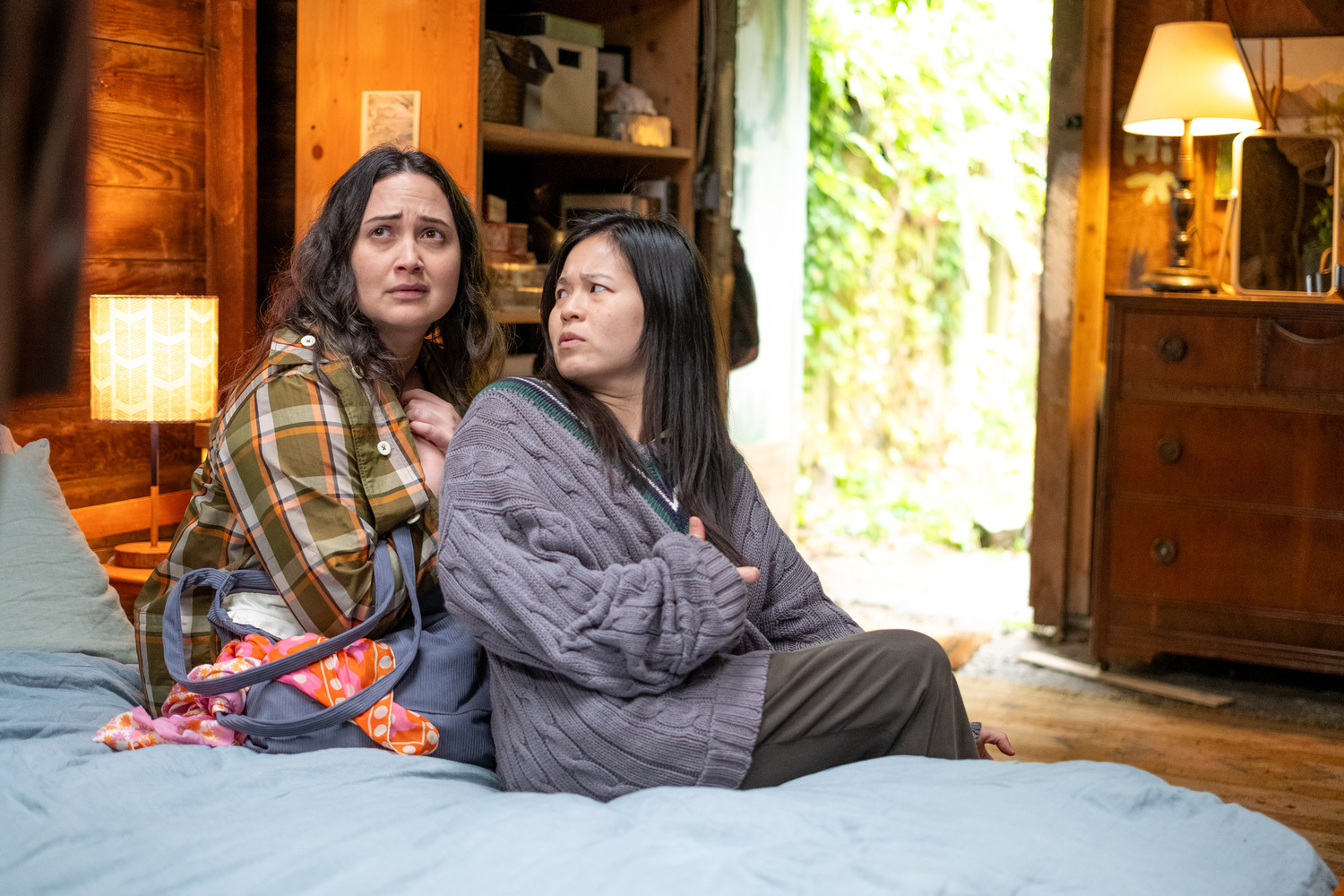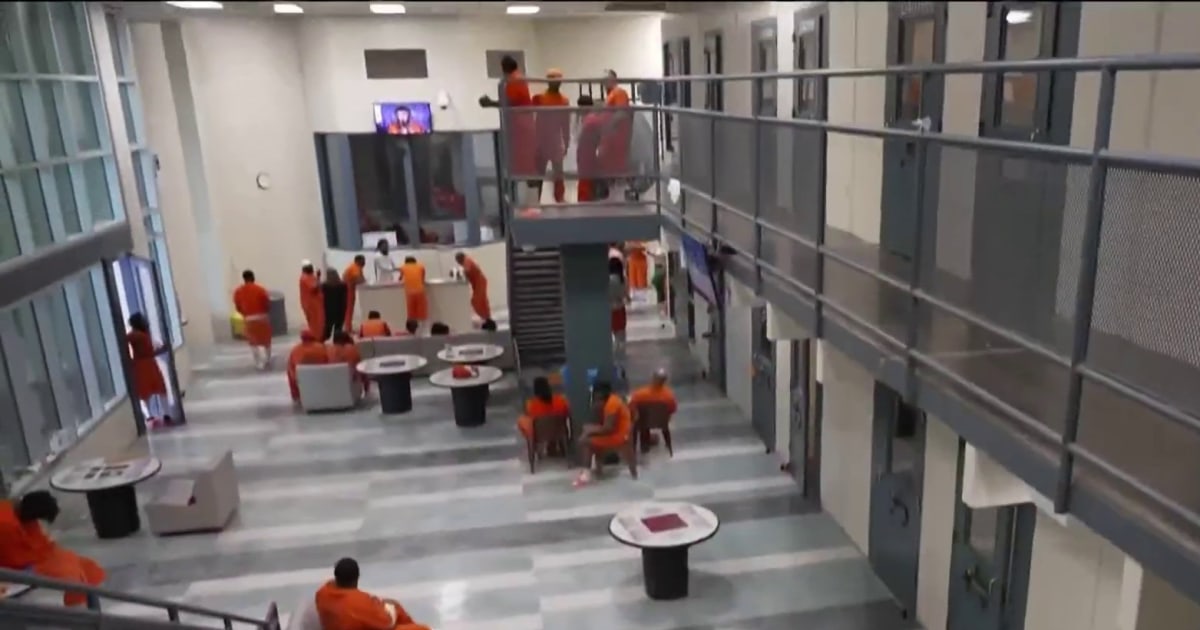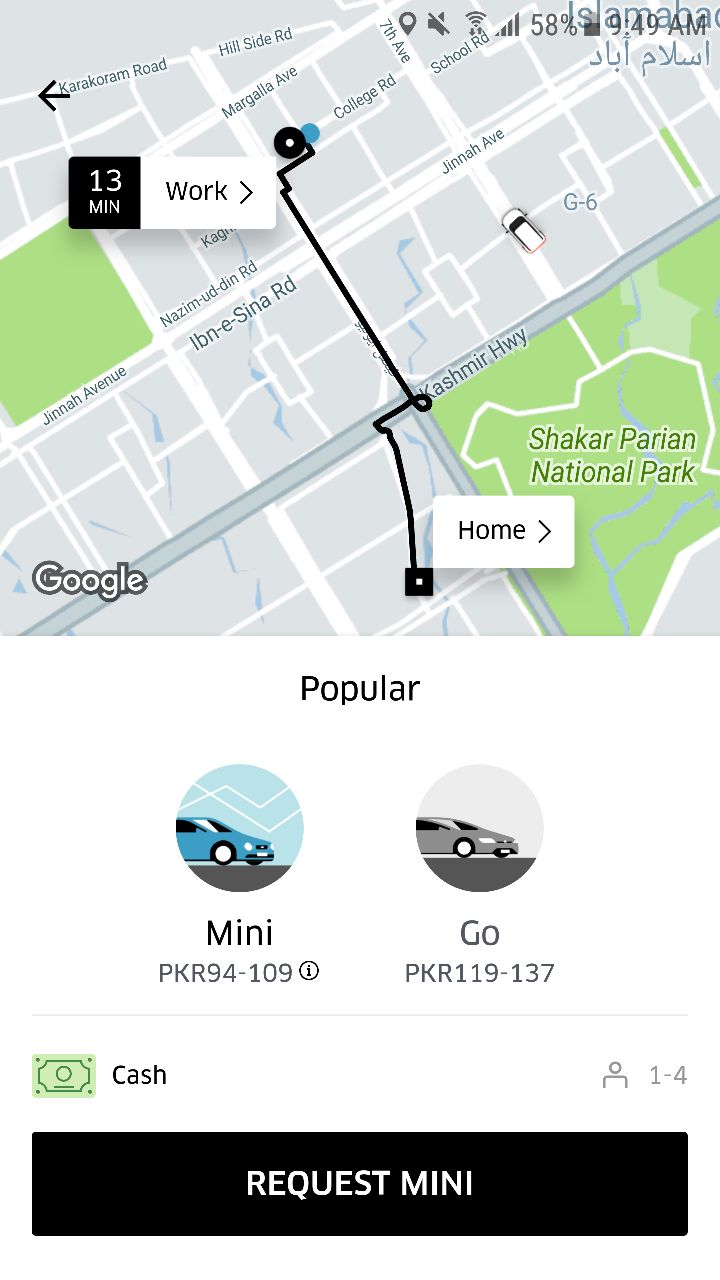A Tale Of Queer Love And Cultural Clashes In Ang Lee's The Wedding Banquet

Table of Contents
The Performance of Heterosexuality & Cultural Expectations in The Wedding Banquet
The central conflict in The Wedding Banquet revolves around Wei-tong, a gay man living in New York City, who is pressured by his traditional Chinese parents to marry a woman. This pressure stems from deeply ingrained cultural expectations surrounding marriage, family lineage, and the preservation of "face" within the community. The film brilliantly illustrates the concept of a "performance of heterosexuality," where Wei-tong strategically engages in a sham marriage with Wai-mei to appease his parents. This performance, however, is fraught with tension and reveals the internal struggles he faces.
- Wei-tong's strategic engagement with Wai-mei: Their relationship is a carefully constructed facade, highlighting the lengths to which Wei-tong must go to satisfy his family's expectations.
- The family's expectations for grandchildren and lineage: The desire for a son and the continuation of the family line represents a powerful cultural imperative that overshadows Wei-tong's personal happiness.
- The cultural stigma surrounding homosexuality in the context of the film: The film subtly reveals the shame and secrecy associated with homosexuality within this traditional Chinese family structure, creating a powerful sense of constraint for Wei-tong. The lack of open dialogue about homosexuality underscores the societal pressures he faces.
Navigating Queer Identity Within a Traditional Family Structure
The Wedding Banquet masterfully depicts Wei-tong's internal conflict. He grapples with the dissonance between his true identity and the expectations placed upon him by his family. His relationship with Simon, his American boyfriend, provides a stark contrast to the performative heterosexuality he displays to his parents. This conflict underscores the complexities of "coming out" within a specific cultural context, where familial acceptance is far from guaranteed.
- Wei-tong's internalized homophobia: The film subtly reveals Wei-tong's own internalized homophobia, stemming from years of living under the weight of societal expectations. His initial reluctance to fully embrace his identity showcases the psychological toll of concealing one's true self.
- The dynamics of his relationship with his parents: The film illustrates the strained relationship between Wei-tong and his parents, showcasing the communication breakdown caused by cultural differences and the unspoken realities of Wei-tong's sexuality.
- The contrast between Western and Eastern perspectives on homosexuality: The film subtly highlights the differing attitudes towards homosexuality between the more accepting Western culture represented by Simon and the more conservative Eastern culture represented by Wei-tong's parents.
Humor and Satire in Depicting Cultural Clashes
Ang Lee uses humor and satire as powerful tools to navigate the sensitive topic of queer identity within a traditional family setting. The comedic elements of the film, far from trivializing the issues at hand, actually highlight the absurdity of the cultural expectations placed upon Wei-tong. This satirical approach makes the film’s message both accessible and thought-provoking.
- The comedic portrayal of the parents' misunderstandings: The parents' hilarious misinterpretations of situations and their complete obliviousness to Wei-tong's true relationship with Simon create comedic moments that underscore the communication barriers and cultural misunderstandings.
- The irony of Wei-tong's "marriage" as a solution: The very act of Wei-tong's sham marriage becomes a source of both dramatic tension and dark humor, highlighting the paradoxical nature of the solution chosen to resolve the family conflict.
- The use of exaggeration to emphasize cultural differences: The film uses comedic exaggeration to amplify the cultural differences, thereby making the challenges faced by Wei-tong more relatable and accessible to a wider audience.
The Wedding Banquet as a Commentary on LGBTQ+ Rights and Representation
The Wedding Banquet holds significant historical importance within LGBTQ+ cinema. Released in 1993, it offered a nuanced and relatively unprecedented portrayal of a gay Asian man's experience within a family context. The film's enduring impact stems from its authentic representation of a specific LGBTQ+ experience, promoting dialogue and greater understanding of queer identity within a particular cultural framework.
- The film's portrayal of queer relationships as authentic and complex: The relationship between Wei-tong and Simon is depicted as realistic and multifaceted, avoiding stereotypical portrayals often found in earlier LGBTQ+ films.
- Its contribution to the visibility of Asian LGBTQ+ experiences: The film significantly contributed to increased visibility of Asian LGBTQ+ experiences, previously underrepresented in mainstream cinema.
- The relevance of the film's themes in contemporary discussions about LGBTQ+ rights: The issues raised in The Wedding Banquet, such as the pressure to conform to societal expectations and the struggle for familial acceptance, remain profoundly relevant in contemporary discussions about LGBTQ+ rights and acceptance around the world.
Conclusion: The Enduring Power of The Wedding Banquet
Ang Lee's The Wedding Banquet remains a powerful and profoundly moving film. Its masterful blend of humor and drama offers a poignant exploration of queer love and the complexities of navigating cultural clashes. By understanding the nuances of Wei-tong's journey, we gain invaluable insight into the ongoing global conversation surrounding LGBTQ+ rights and acceptance. We encourage you to revisit this cinematic masterpiece and delve deeper into the enduring dialogue surrounding queer love and cultural clashes sparked by Ang Lee's The Wedding Banquet. Explore its enduring themes and its lasting impact on LGBTQ+ representation in film.

Featured Posts
-
 The Official Spring Breakout 2025 Rosters
May 18, 2025
The Official Spring Breakout 2025 Rosters
May 18, 2025 -
 Inmate Escape New Video Surfaces From New Orleans Jail
May 18, 2025
Inmate Escape New Video Surfaces From New Orleans Jail
May 18, 2025 -
 Nyc Creep Gropes Woman In Brooklyn Details Of The Assault
May 18, 2025
Nyc Creep Gropes Woman In Brooklyn Details Of The Assault
May 18, 2025 -
 New Uber Shuttle Option Affordable Rides From United Center
May 18, 2025
New Uber Shuttle Option Affordable Rides From United Center
May 18, 2025 -
 Boulder Countys Switzerland Trail A Mining History
May 18, 2025
Boulder Countys Switzerland Trail A Mining History
May 18, 2025
